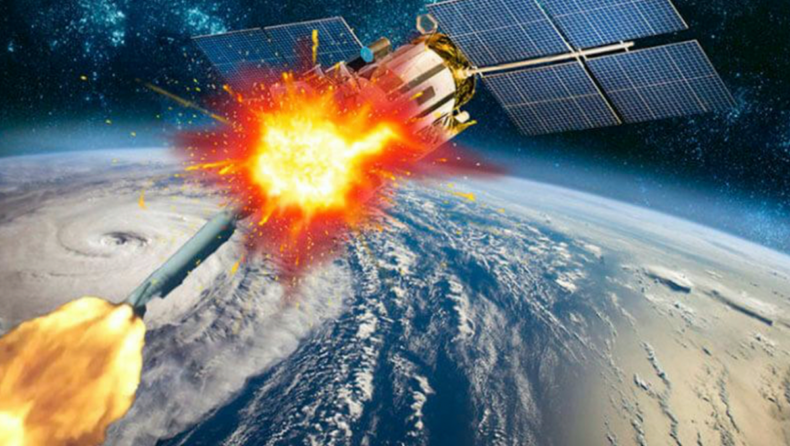The resolution comes before the meeting of a U.N. open-ended working group discussing a reduction in space threats.

USA is planning to propose a ban on direct-ascent anti-satellite (ASAT) testing. On September 9th, at NASA’s Johnson space center, addressing a meeting the vice president, Kamala Harris said the measure has been taken as an effort to call more nations to join a collective ban on such tests.
She also added that the country will introduce a resolution at the United Nations General assembly to do the same. Previously a state official also announced in august that a resolution like this was considered to build greater support on the international scale to join a moratorium.
The assistant secretary for oceans and international environmental and scientific affairs at the state department, Monica Medina has also said that Malroy Stewart, the assistant secretary for the department’s arms control would lobby other countries to support the US cause. Nations like Australia, Brazil, and the United Kingdom are to be watched. It is said that once the nations are on board the resolution will focus on the behavior of other states the national government of the country finds threatening.
She further added that Stewart and her team would have extensive consultations at the UN, emphasizing that their goal in the resolution was to be adopted with the “broadest possible support”
According to Eric Desautels, acting deputy assistant secretary for arms control, while addressing a panel on august 28th at George Washington University’s space policy institute and the aerospace corporation, this resolution would allow the countries to be on a record for stepping out in support, making a shared agreement among the majority of states, and also putting global political pressure on the countries that may be on board with future ASAT plans. He also pointed out that the general assembly need not be presented with a consensus pass but rather a majority of votes.
While many countries have shown their support for the moratorium, only countries like New Zealand and Canada have officially announced their intent to join.













